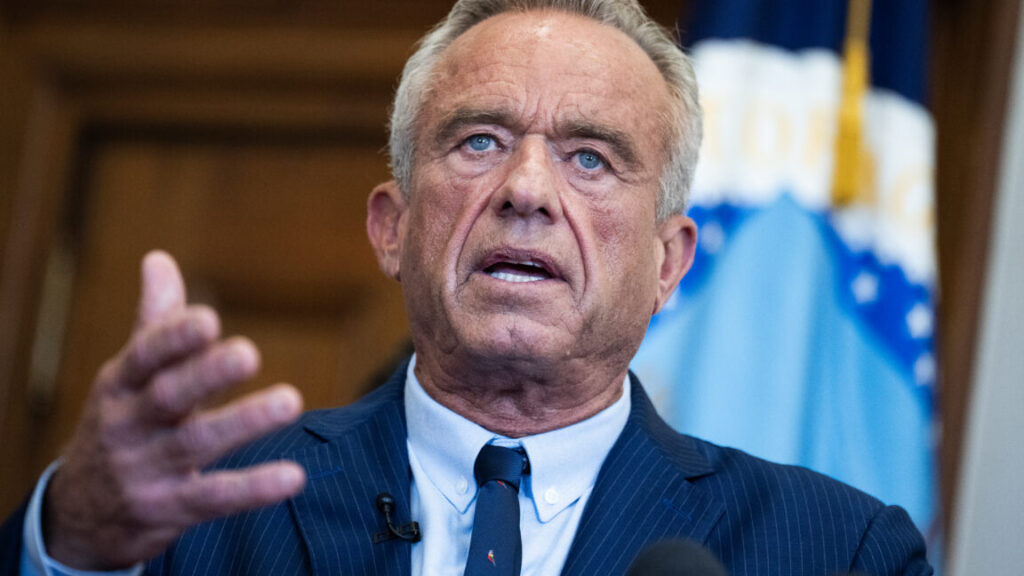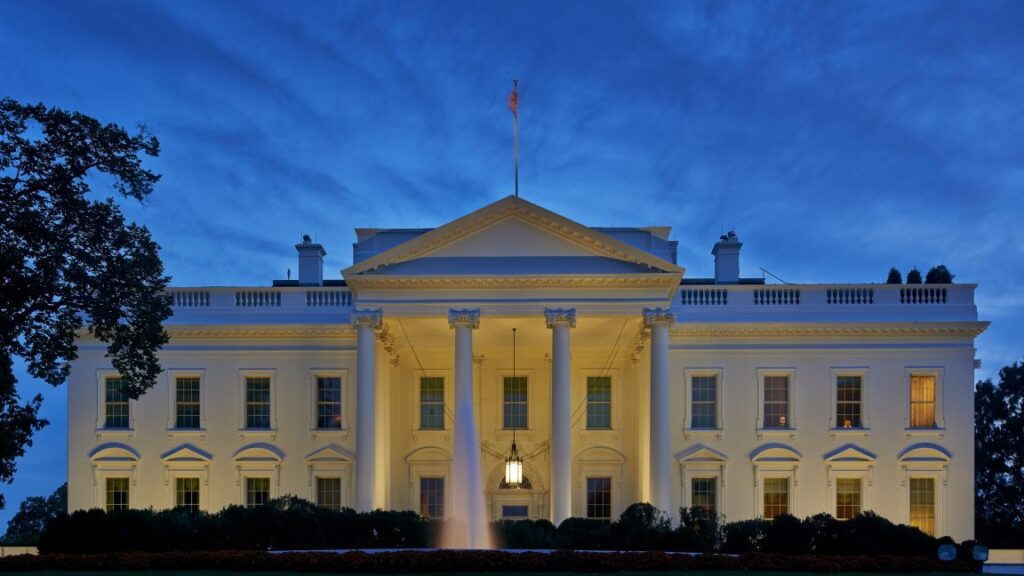Elon Musk’s “thermonuclear” Media Matters lawsuit may be fizzling out
Judge blocks FTC’s Media Matters probe as a likely First Amendment violation.
Media Matters for America (MMFA)—a nonprofit that Elon Musk accused of sparking a supposedly illegal ad boycott on X—won its bid to block a sweeping Federal Trade Commission (FTC) probe that appeared to have rushed to silence Musk’s foe without ever adequately explaining why the government needed to get involved.
In her opinion granting MMFA’s preliminary injunction, US District Judge Sparkle L. Sooknanan—a Joe Biden appointee—agreed that the FTC’s probe was likely to be ruled as a retaliatory violation of the First Amendment.
Warning that the FTC’s targeting of reporters was particularly concerning, Sooknanan wrote that the “case presents a straightforward First Amendment violation,” where it’s reasonable to conclude that conservative FTC staffers were perhaps motivated to eliminate a media organization dedicated to correcting conservative misinformation online.
“It should alarm all Americans when the Government retaliates against individuals or organizations for engaging in constitutionally protected public debate,” Sooknanan wrote. “And that alarm should ring even louder when the Government retaliates against those engaged in newsgathering and reporting.”
FTC staff social posts may be evidence of retaliation
In 2023, Musk vowed to file a “thermonuclear” lawsuit because advertisers abandoned X after MMFA published a report showing that major brands’ ads had appeared next to pro-Nazi posts on X. Musk then tried to sue MMFA “all over the world,” Sooknanan wrote, while “seemingly at the behest of Steven Miller, the current White House Deputy Chief of Staff, the Missouri and Texas Attorneys General” joined Musk’s fight, starting their own probes.
But Musk’s “thermonuclear” attack—attempting to fight MMFA on as many fronts as possible—has appeared to be fizzling out. A federal district court preliminarily enjoined the “aggressive” global litigation strategy, and the same court issued the recent FTC ruling that also preliminarily enjoined the AG probes “as likely being retaliatory in violation of the First Amendment.”
The FTC under the Trump administration appeared to be the next line of offense, supporting Musk’s attack on MMFA. And Sooknanan said that FTC Chair Andrew Ferguson’s own comments in interviews, which characterized Media Matters and the FTC’s probe “in ideological terms,” seem to indicate “at a minimum that Chairman Ferguson saw the FTC’s investigation as having a partisan bent.”
A huge part of the problem for the FTC was social media comments posted before some senior FTC staffers were appointed by Ferguson. Those posts appeared to show the FTC growing increasingly partisan, perhaps pointedly hiring staffers who they knew would help take down groups like MMFA.
As examples, Sooknanan pointed to Joe Simonson, the FTC’s director of public affairs, who had posted that MMFA “employed a number of stupid and resentful Democrats who went to like American University and didn’t have the emotional stability to work as an assistant press aide for a House member.” And Jon Schwepp, Ferguson’s senior policy advisor, had claimed that Media Matters—which he branded as the “scum of the earth”—”wants to weaponize powerful institutions to censor conservatives.” And finally, Jake Denton, the FTC’s chief technology officer, had alleged that MMFA is “an organization devoted to pressuring companies into silencing conservative voices.”
Further, the timing of the FTC investigation—arriving “on the heels of other failed attempts to seek retribution”—seemed to suggest it was “motivated by retaliatory animus,” the judge said. The FTC’s “fast-moving” investigation suggests that Ferguson “was chomping at the bit to ‘take investigative steps in the new administration under President Trump’ to make ‘progressives’ like Media Matters ‘give up,'” Sooknanan wrote.
Musk’s fight continues in Texas, for now
Possibly most damning to the FTC case, Sooknanan suggested the FTC has never adequately explained the reason why it’s probing Media Matters. In the “Subject of Investigation” field, the FTC wrote only “see attached,” but the attachment was just a list of specific demands and directions to comply with those demands.
Eventually, the FTC offered “something resembling an explanation,” Sooknanan said. But their “ultimate explanation”—that Media Matters may have information related to a supposedly illegal coordinated campaign to game ad pricing, starve revenue, and censor conservative platforms—”does not inspire confidence that they acted in good faith,” Sooknanan said. The judge considered it problematic that the FTC never explained why it has reason to believe MMFA has the information it’s seeking. Or why its demand list went “well beyond the investigation’s purported scope,” including “a reporter’s resource materials,” financial records, and all documents submitted so far in Musk’s X lawsuit.
“It stands to reason,” Sooknanan wrote, that the FTC launched its probe “because it wanted to continue the years’ long pressure campaign against Media Matters by Mr. Musk and his political allies.”
In its defense, the FTC argued that all civil investigative demands are initially broad, insisting that MMFA would have had the opportunity to narrow the demands if things had proceeded without the lawsuit. But Sooknanan declined to “consider a hypothetical narrowed” demand list instead of “the actual demand issued to Media Matters,” while noting that the court was “troubled” by the FTC’s suggestion that “the federal Government routinely issues civil investigative demands it knows to be overbroad with the goal of later narrowing those demands presumably in exchange for compliance.”
“Perhaps the Defendants will establish otherwise later in these proceedings,” Sooknanan wrote. “But at this stage, the record certainly supports that inference,” that the FTC was politically motivated to back Musk’s fight.
As the FTC mulls a potential appeal, the only other major front of Musk’s fight with MMFA is the lawsuit that X Corp. filed in Texas. Musk allegedly expects more favorable treatment in the Texas court, and MMFA is currently pushing to transfer the case to California after previously arguing that Musk was venue shopping by filing the lawsuit in Texas, claiming that it should be “fatal” to his case.
Musk has so far kept the case in Texas, but risking a venue change could be enough to ultimately doom his “thermonuclear” attack on MMFA. To prevent that, X is arguing that it’s “hard to imagine” how changing the venue and starting over with a new judge two years into such complex litigation would best serve the “interests of justice.”
Media Matters, however, has “easily met” requirements to show that substantial damage has already been done—not just because MMFA has struggled financially and stopped reporting on X and the FTC—but because any loss of First Amendment freedoms “unquestionably constitutes irreparable injury.”
The FTC tried to claim that any reputational harm, financial harm, and self-censorship are “self-inflicted” wounds for MMFA. But the FTC did “not respond to the argument that the First Amendment injury itself is irreparable, thereby conceding it,” Sooknanan wrote. That likely weakens the FTC’s case in an appeal.
MMFA declined Ars’ request to comment. But despite the lawsuits reportedly plunging MMFA into a financial crisis, its president, Angelo Carusone, told The New York Times that “the court’s ruling demonstrates the importance of fighting over folding, which far too many are doing when confronted with intimidation from the Trump administration.”
“We will continue to stand up and fight for the First Amendment rights that protect every American,” Carusone said.
Elon Musk’s “thermonuclear” Media Matters lawsuit may be fizzling out Read More »












